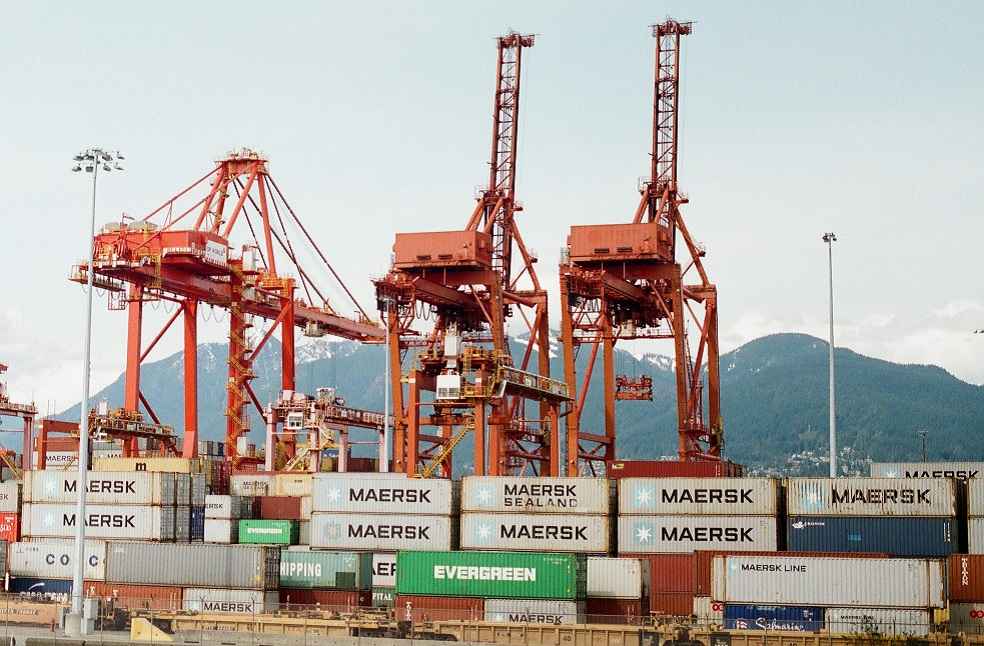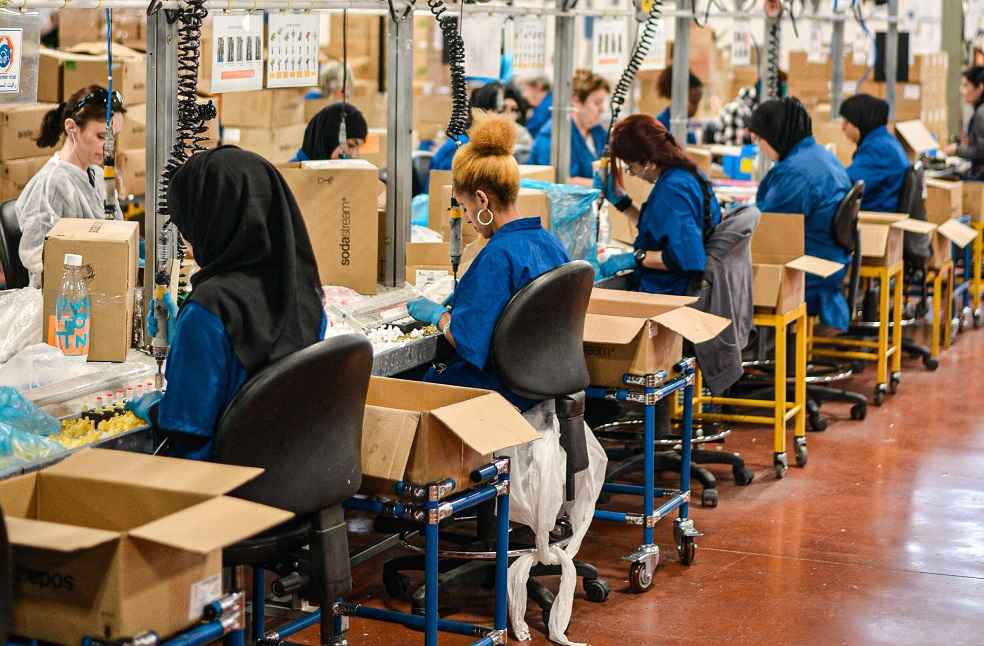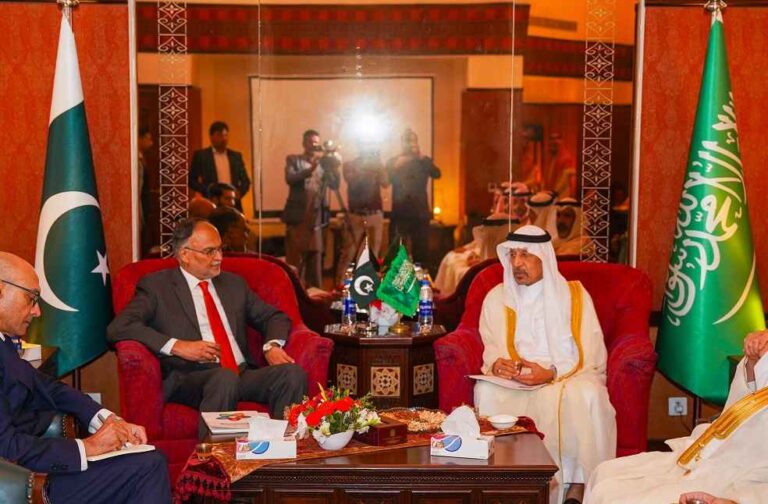Pakistan is committed to expanding its trade ties with Saudi Arabia. Federal Minister for Planning, Development, and Special Initiatives Ahsan Iqbal underscores the importance of bolstering economic ties between the two nations.
In a meeting with Saudi Investment Minister Khalid Bin Abdulaziz Al Faleh on Friday, Iqbal emphasized the need to strengthen trade as a means of enhancing the longstanding political relationship between the countries.
Iqbal highlighted that the trade volume between Pakistan and Saudi Arabia stood at $4.6 billion in 2022. However, he stressed the need for both countries to adapt to modern economic realities. “Our political relationship will strengthen with robust economic cooperation,” Iqbal remarked.
Reflecting on past economic successes, Iqbal cited his involvement in launching the China-Pakistan Economic Corridor (CPEC) in 2013. He explained that the initiative began modestly, with Pakistan securing $25 billion in investments from China over a few years. By 2017, the success of CPEC had captured the attention of global investors. He said that, every American and European businessman wanted to participate in CPEC projects.

However, Iqbal criticized the policies of the previous administration, which, according to him, led to a weakening of Pakistan’s economy. He explained that the current government, upon assuming office, faced the challenge of stabilizing the economy for long-term growth. To address this, the government developed the ‘5Es’ framework, shaped through consultations with over 1,000 opinion leaders and experts.
Looking ahead, Iqbal emphasized that Pakistan’s primary challenge in the coming years would be to adopt an export-led growth strategy. “Our weakness is that, over the past 77 years, we have failed to adopt an export-led growth strategy,” he noted.
He also raised concerns about the low-skilled Pakistani labor force working in Saudi Arabia, suggesting that upgrading their technical skills would not only benefit them but also ensure their continued contribution to Saudi Arabia’s economy. “If the labour class returns to Pakistan, it will result in a considerable decrease in FDI,” he warned.

During the meeting, both sides discussed potential areas for increasing bilateral trade. Iqbal suggested that Pakistan and Saudi Arabia could jointly export meat to developing countries, highlighting the competitiveness of Pakistan’s agricultural products.
He also pointed out that Pakistan, the third-largest milk producer globally, has significant room for improvement in its livestock sector. With the global standard for milk yield ranging between 6,000-8,000 liters, Pakistan’s average yield is just 1,800 liters. “Our agricultural products can compete with those of New Zealand and Denmark if we improve our standards,” he asserted.
Iqbal praised Saudi Arabia for its successful transformation of desert regions into fertile areas, commending the Kingdom’s effective use of natural resources. He also discussed the global water scarcity challenge, despite 70% of the planet being covered by water. He advocated for a Saudi-led initiative in desalination technology, noting that costs for solar power – essential for such projects – have drastically reduced since 2013.
POLICY & LAW | UK Launches New Trade Unit to Enforce Russia Sanctions and Fine Violators



